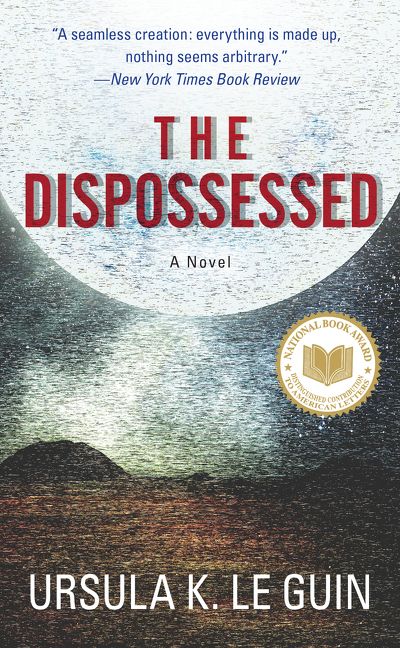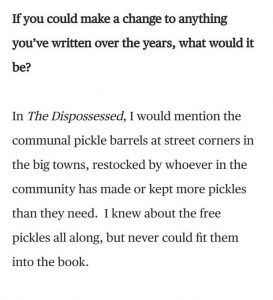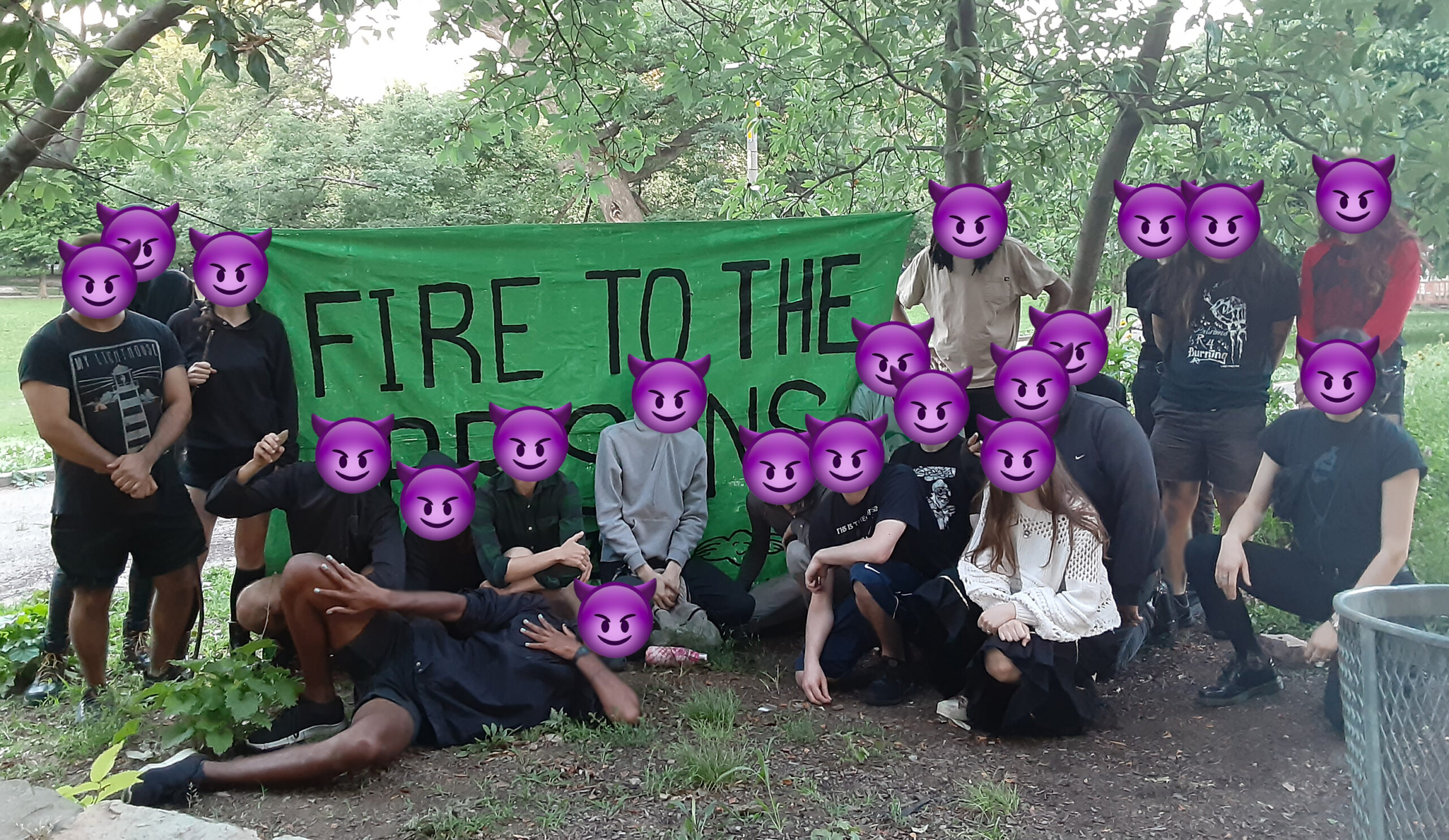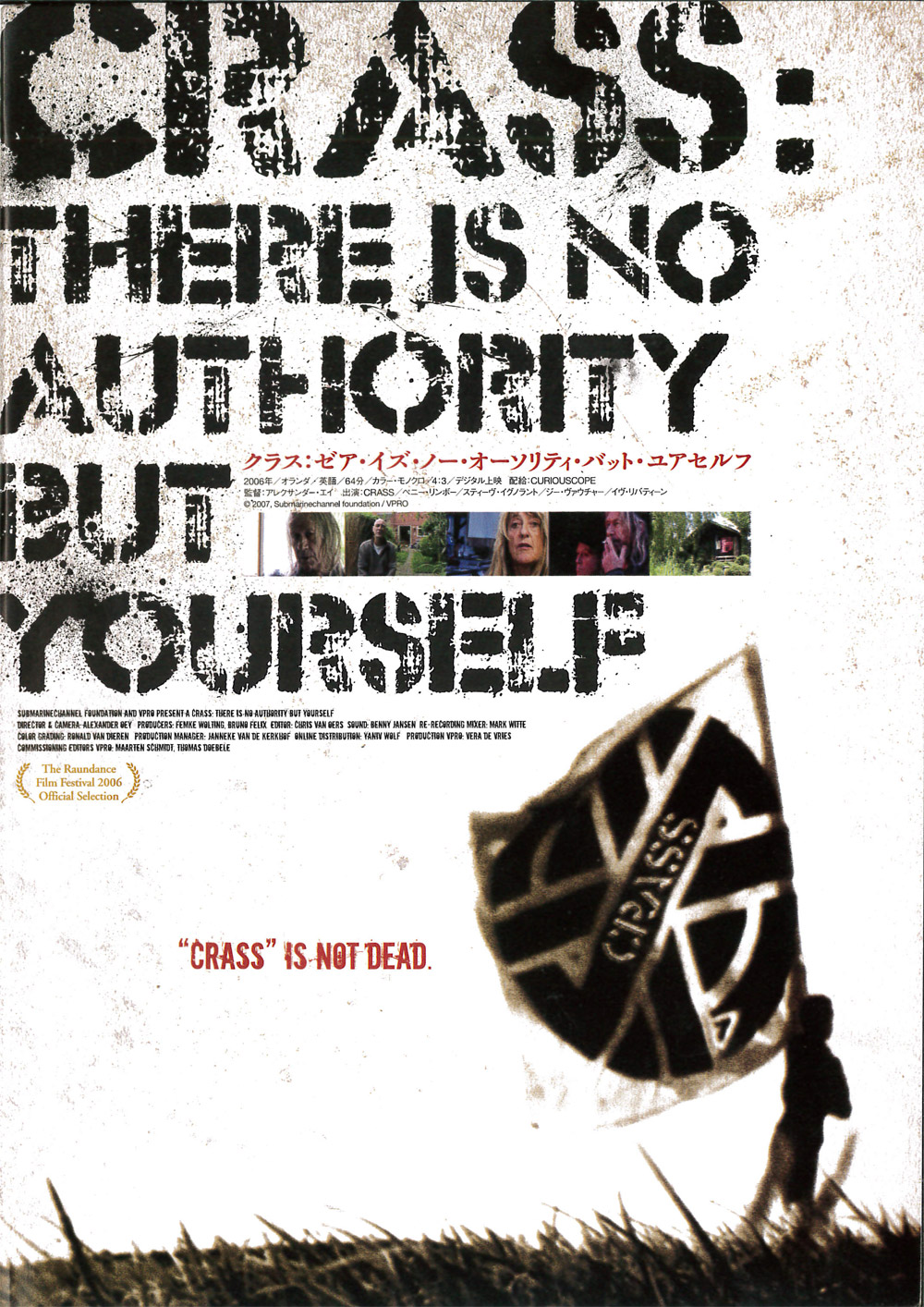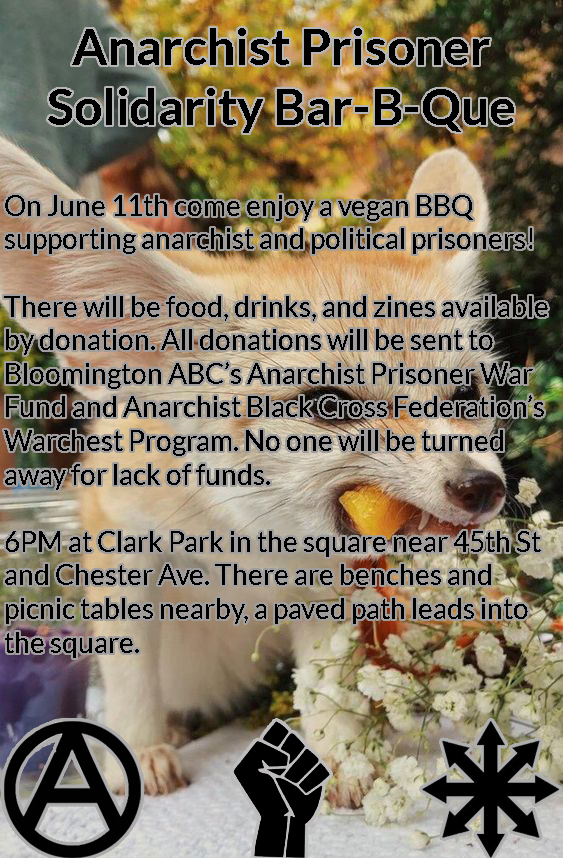from It’s Going Down
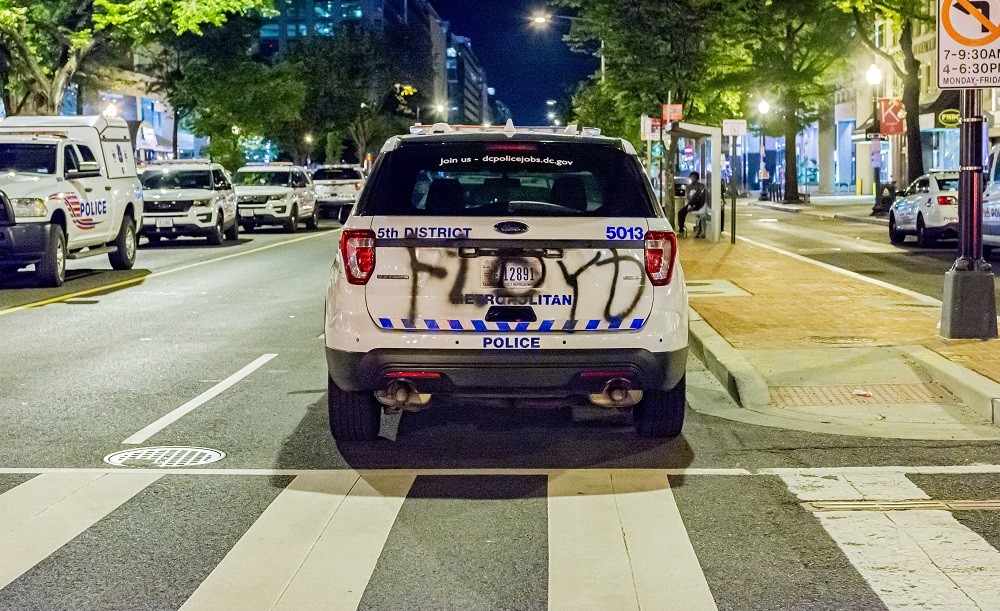
[This post only contains information relevant to Philadelphia and the surrounding area, to read the entire article follow the above link.]
Uprising Defendants
Everyone should support the defendants facing charges related to their alleged participation in the George Floyd uprising – this list of our imprisoned comrades needs to be getting shorter, not longer. See Uprising Support for more info, and check out the Antirepression PDX site for updates from Portland cases. The status of pre-trial defendants changes frequently, but to the best of our knowledge they currently include:
David Elmakayes 77782-066
FDC Philadelphia
PO BOX 562
Philadelphia, PA 19105
Lore-Elisabeth Blumenthal 70002-066
FDC Philadelphia
PO BOX 562
Philadelphia, PA 19105
Upcoming Birthdays
Jarreau Ayers
Vaughn Uprising prisoner, one of the only two prisoners from the Vaughn 17 to be convicted. As one write-up put it, “Jarreau Ayers and Dwayne Staats, already incarcerated under the hopeless sentence of life without parole, took it upon themselves to admit to involvement to prevent the rest of their comrades being found unjustifiably guilty, which led to success – not guilty verdicts or their charges being dropped.” You can learn more about Jarreau in his own words here and here.
Pennsylvania uses Connect Network/GTL, so you can contact him online by going to connectnetwork.com, selecting “Add a facility”, choosing “State: Pennsylvania, Facility: Pennsylvania Department of Corrections”, going into the “messaging” service, and then adding him as a contact by searching his name or “NS9994”.
Birthday: June 15
Address:
Smart Communications / PA DOC
Jarreau Ayers – NS9994
SCI Greene
PO Box 33028
St. Petersburg, FL, 33733
